The brain is by far the most intricate and complex organ in the human body. It impacts the ways in which we think, act, and feel. When dysfunction occurs, your mental health, cognitive abilities, and overall emotional well-being suffer. Neurotherapy can help retrain your brain to function more optimally. If you’re interested in neurotherapy in Dallas, you’ve come to the right place.
What is neurotherapy?
Neurotherapy, also commonly referred to as neurofeedback, is a non-invasive, drug-free biofeedback treatment that helps train your brain to create new neural pathways.
Neurotherapy involves the use of electrodes, which are placed on the patient’s scalp, to measure electrical activity in the brain and provide real-time feedback about how your brain is functioning. When you produce regular brainwaves, a reward is given. When you produce irregular brainwaves, the reward is taken away.
The importance of regular brainwave patterns
Your brainwaves play a huge role in your mental health and cognitive ability. Producing the right brainwaves at the right time is key to your health and wellness. When certain brainwaves are over- or under-produced, it can lead to mental health disorders, insomnia, hyperactivity, an inability to focus, and other disruptive conditions.
How neurotherapy trains your brain to produce optimal brainwave patterns
Neurotherapy always begins with a one-on-one consultation in which you will describe your symptoms, struggles, and what it is you wish to achieve with treatment to your neurofeedback specialist.
After your consultation, you will complete a qEEG brain map. This procedure involves placing electrodes on your scalp and identifying areas of the brain that are overactive or underactive. The findings from this procedure will then be used to guide your personalized training plan.
During a neurotherapy session, you’ll be seated in a reclining chair and electrodes will once again be placed on your scalp. You will choose a movie, video game, or type of music that will serve as your “positive reward.” When you produce regular, or optimal, brainwaves, the movie, game, or music will play. When your brainwaves fall out of the optimal ranges, the movie, game, or music will stop. This signifies your brain is not performing optimally and you need to work to get it back to an optimal state.
With enough practice, your brain will learn how to stay in the optimal state, even after treatment has ended.
What can neurotherapy treat?
Neurotherapy has been found to help treat a wide range of mental health and neurological conditions such as:
- Anxiety disorders
- ADHD
- ASD
- Attachment disorder
- Concussions
- Depression
- Insomnia
- Memory loss
- Migraines
- Trauma and PTSD
- Traumatic brain injuries
Keep in mind that neurotherapy is not a “cure” for any of the above-mentioned conditions or disorders, but rather a treatment that helps you better manage them.
Neurotherapy can also be used to improve overall cognitive function and performance and is used by many athletes, scientists, and business execs to give them an edge.
Learn more about neurotherapy in Dallas
If you’re interested in learning more about neurotherapy in Dallas, reach out to us today at Braincode Centers. We are proud to take an all-natural, research-backed approach to mental and neurological healthcare so you can live your happiest, healthiest life.
Contact us today to schedule a free consultation.




